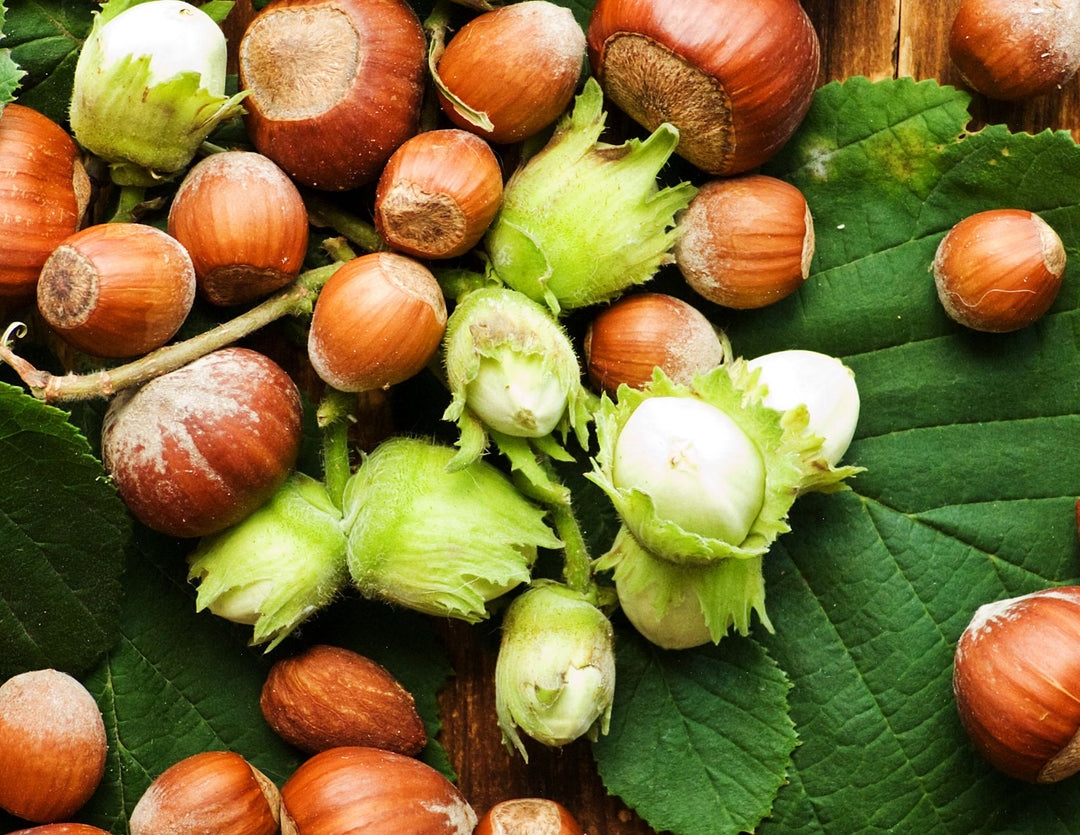Spring Clean Your Diet to Help Ease Seasonal Digestive Issues

Changes in our bodies are aligned with changes in the seasons. With spring, we experience natural changes in our digestive system as the weather gets warmer. Photo: Lucas Mendes
It’s nearly springtime! The weather will soon be getting warmer and the days longer as nature wakes from the slumber of winter. Did you know that our bodies go through a similar kind of reawakening in this season?
If you’re like many people, you may notice that spring not only coaxes forth nature’s beauty, it can also bring about issues with digestion. It’s not uncommon to experience issues like stomach pain after eating (indigestion), bloating, and heartburn. The reasons for these springtime digestive issues have their roots in our evolutionary adaptation to seasonal changes.
According to Professor Alessandro Repici and Dr. Gianluca Lollo at the Humanitas Research Hospital, the difficulty of obtaining food in winter meant that our human ancestors could go hungry. To protect the stomach walls, the body reduces the production of gastric juices in the colder season. With spring, the body begins the normal production of gastric juices once again.
The increasing light of spring also activates the formation of the hormone cortisol in the body. Increased cortisol limits the intestinal movements that promote digestion. It also affects our mental health. More cortisol in the body can lead to mood swings, anxiety, and irritability. These emotional states can further exacerbate any digestive issues we may be experiencing.
The best way to alleviate spring digestive problems is to reassess and change our wintertime eating habits. Creating healthy eating habits and providing our bodies with the necessary nutrients to ensure optimal health takes time and effort. Springtime is an excellent time to get started. The season offers the perfect opportunity to increase our consumption of fruits and vegetables while reducing or even eliminating dairy products, meats, and overly processed foods.
 Warmer weather encourages us to eat more fruits and vegetables, which helps to detoxify and cleanse the body. Eating more plant-based foods can reduce inflammation and restore balance to our digestive system. Photo: SGA Foto Studio
Warmer weather encourages us to eat more fruits and vegetables, which helps to detoxify and cleanse the body. Eating more plant-based foods can reduce inflammation and restore balance to our digestive system. Photo: SGA Foto Studio
Some beneficial changes that can be made in this season include:
- Eating whole, unprocessed foods that are high in fiber. These help our bodies better break down and absorb nutrients.
- Increasing healthy sources of fat like avocados, nuts, and seeds which can help provide us with the energy we need throughout the day.
- Drinking adequate amounts of water is also important for digestive health. Water helps food move through the intestines and prevents constipation.
- Establishing a new daily routine with regular mealtimes and a set bedtime to get ample amounts of sleep. Both of these are essential for optimal digestion, as they help to maintain our bodies’ natural rhythms.
To complement these seasonal dietary changes, a great spice to incorporate into your diet is ginger. A tropical, aromatic, perennial plant, ginger has been used in Ayurvedic and traditional Chinese medicine for millennia to treat many ailments, especially those of the stomach. In medieval times, it was even used to ward off the plague. More recently, the scientific community has studied ginger and documented its benefits.
 The history of ginger dates back more than 5,000 years. It’s exact origins are unknown, but its medicinal and spiritual uses were first recorded in Southeast Asia, India, and China. Photo: Happy Lark
The history of ginger dates back more than 5,000 years. It’s exact origins are unknown, but its medicinal and spiritual uses were first recorded in Southeast Asia, India, and China. Photo: Happy Lark
Ginger is recognized as an excellent ingredient for general digestive issues. It increases saliva and other digestive fluids, helping to alleviate problems like indigestion. It also helps with bloating. Ginger is carminative, meaning it helps with the elimination of gas.
In addition to benefiting digestion, ginger is rich in antioxidants. Its high antioxidant content supports immune health; and it’s been shown to help manage blood sugar levels, reduce inflammation, support cardiovascular health, and improve brain function.
Ginger can be added to a variety of dishes, so there’s no shortage of ways to incorporate it into your diet. It can be used fresh or dried, and can be added to both sweet and savory dishes. This versatile spice can be added to stir-fries, smoothies, roasted vegetables, and soups. If you’re feeling adventurous, try adding it to a dessert. Another way to enjoy ginger is to add it to a beverage of your choice.
Why not try this easy spring recipe crafted by Nüssli118° founder Angela Hofmann. A ginger mocktail, it makes a satisfying replacement for pre-dinner drinks. Consuming ginger before a meal stimulates digestion and helps empty your system more quickly. Of course, this refreshing concoction can be enjoyed anytime!
Sources:
Humanitas Research Hospital, Springtime digestive disorders: what to eat and what to avoid?, March 18, 2018. https://www.humanitas.net/news/springtime-digestive-disorders-eat-avoid/
Megan Crichton, Alexandra R Davidson, Celia Innerarity, Wolfgang Marx, Anna Lohning, Elizabeth Isenring, Skye Marshall, Orally consumed ginger and human health: an umbrella review, The American Journal of Clinical Nutrition, Volume 115, Issue 6, June 2022, Pages 1511–1527, https://doi.org/10.1093/ajcn/nqac035
Britannica, T. Editors of Encyclopaedia. "ginger." Encyclopedia Britannica, February 9, 2023. https://www.britannica.com/plant/ginger.
Haiping Wang, 2020. “Introductory Chapter: Studies on Ginger.” Ginger Cultivation and Its Antimicrobial and Pharmacological Potentials, IntechOpen. doi:10.5772/intechopen.89796.





